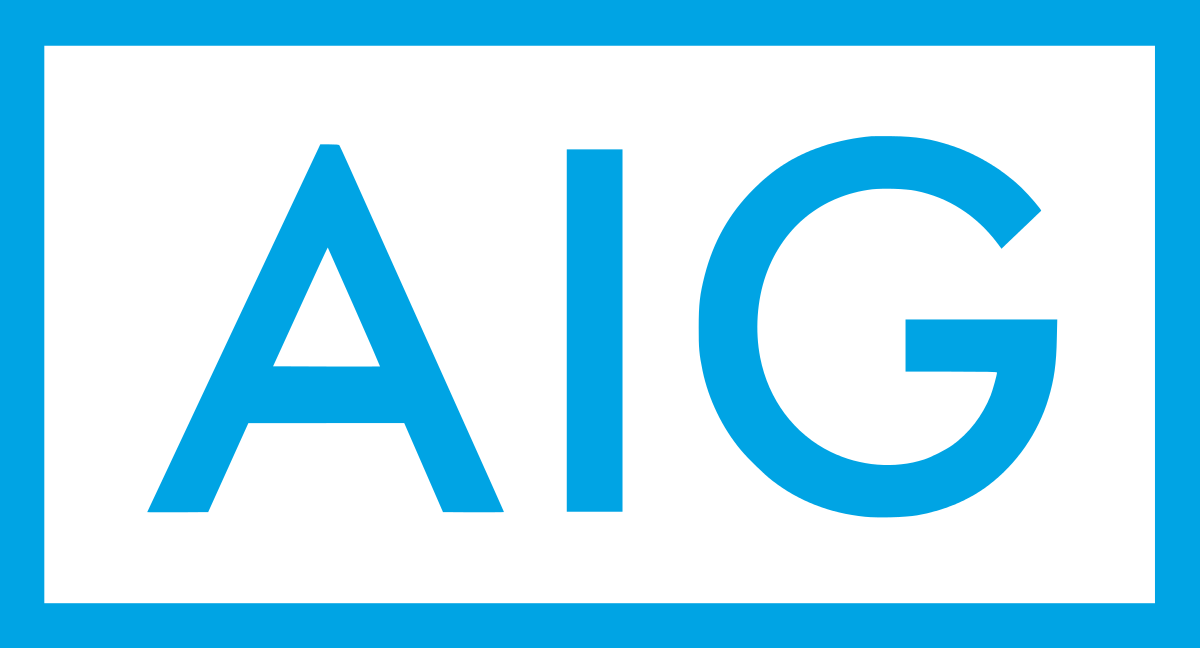 28-10-2020
28-10-2020
AIG announces Q3 cat losses of $790mn; 23% relates to COVID-19

 Insurance Alertss
Insurance AlertssAIG announces Q3 cat losses of $790mn; 23% relates to COVID-19
Global insurer and reinsurer, American International Group, Inc. (AIG), has announced estimated third-quarter 2020 catastrophe losses, net of reinsurance, of $790 million (pre-tax) within its General Insurance segment.
Of this total, $185 million, or approximately 23% is for claims related to the ongoing COVID-19 pandemic, primarily in the segment’s travel, event cancellation, trade credit, property, agriculture, and casualty books of business. The remaining $605 million, of roughly 77% of non-COVID-19 Q3 2020 catastrophe losses reflect windstorms and tropical storms in the Americas and Japan, as well as wildfires on the U.S. west coast.
The company’s Chief Executive Officer (CEO), Brian Duperreault, commented: “The third quarter experienced a high frequency of global catastrophe events with low to moderate severity, including the ongoing impact of COVID-19. These events have had a limited impact on AIG as a result of our underwriting discipline, reinsurance programs, revamped risk appetite and the strength of our balance sheet.”
Alongside its Q3 cat loss estimate, AIG has revealed the results of its annual actuarial assumption update for Life & Retirement and Legacy segments. Within the latest update is lower interest rate assumptions, including a decrease in the expected 10 year forward 10-year Treasury rate to around 2.8%, updates to mortality assumptions and revised policyholder behaviour assumptions, notably on lapses and deferred acquisition cost amortization.
In light of this update, the re/insurer recorded a Q3 2020 charge of $7 million (after-tax) to net income attributable to AIG common shareholders, reflecting a charge of $22 million (pre-tax) in the Life & Retirement segment and a benefit of $13 million (pre-tax) in the Legacy unit.
AIG announced earlier today that it plans to separate its Life & Retirement business from AIG. This news came alongside an announcement that Peter Zaffino is to take over as CEO of the firm from March of next year.
Source: Reinsurance News

